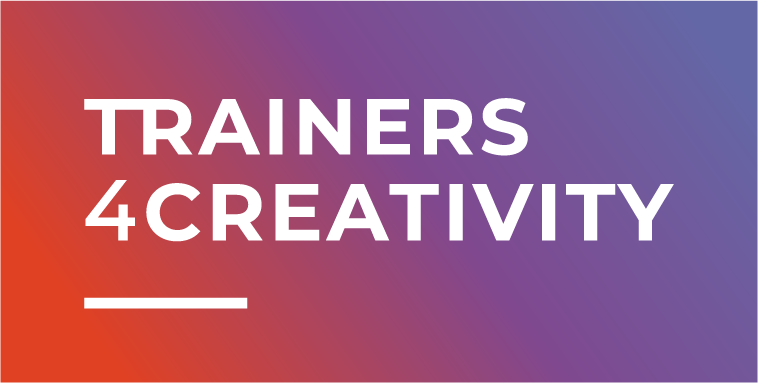Teaching ICT for People with Specific Learning Disorders (TI4PES) (Project reference number2017-1-SE01-KA202-034573)
Notice: Trying to access array offset on value of type bool in /var/www/vhosts/trainers4creativity.eu/httpdocs/wp-content/plugins/elementor/includes/base/widget-base.php on line 224
Notice: Undefined offset: -1 in /var/www/vhosts/trainers4creativity.eu/httpdocs/wp-content/plugins/elementor/includes/base/controls-stack.php on line 696
Synopsis
Teaching ICT (Information and Communication Technologies) for People with Specific Learning Disorders (TI4PES) is a strategic partnership project for vocational education and training.
The aim is to improve the quality of services offered by the involved VET institutions to individuals with specific learning disorder (SLD) to encourage and facilitate their access to the world of work. It also aims to increase knowledge on the SLD issue, to improve the relational skills of trainers towards trainees with disorders and to assist in the planning phase of interventions aimed at people with disorders.
The project seeks to ensure uniformity with respect to the professional training of the disadvantaged in order to guarantee equal opportunity to all those suffering of SLD within the European community and reduce the barriers to the labor market and social environments frequently encountered by people with disorders. By increasing their degree of autonomy the project aims to reduce the gap between citizens with and citizens without learning disabilities.
Area of accessibility
Specific Learning Disorders (SLD)
Why is it a good practice in the accessibility area?
This project gives the teacher a technological tool that allows them to manage with familiarity and simplicity the relationship with the students with and without learning difficulties, adapting the activities and their methodology according to the specific needs of students and teachers in order to reduce learning inequality.
Information and Communication Technologies (ICT) are excellent learning tools for people with specific learning disorders (SLD), especially in the areas of writing and/or reading. Through cognitive activities, ICT can be used to help youth with certain types of learning disabilities such as dyslexia, by providing writing and reading support and giving students space to practice and reinforce their skills.
Youth with learning disabilities have a divergence between their abilities and their performance, particularly in areas such as: reading, writing, organizing and sequential problems, Analysis and synthesis, language acquisition, mathematics, reasoning and listening. Many of these areas are vital for understanding ICT techniques or programming, so projects like TI4PES are crucial in these cases. This project uses online tools to help students better understand their abilities and increase independence, removing social barriers and motivating and preparing them for their professional future.
In addition to providing digital tools that stimulate the learning of young people with specific learning disorders (SLD), TI4PES provides several handbooks with inclusive learning plans for ICT teachers on its website, helping these professionals to adapt their methodology to the specific learning needs of young people with SLD.
The partners of the program themselves – VET institutions – have a series of courses such as “SLD and technologies: new approaches to support students” or “Teaching and Learning Online – New Tools and Possibilities”, offering specialized training to people connected to children with SLD (carers) or people interested in learning the best methodologies to teach a youth with SLD (teachers). Each course provides a certificate verified by the Erasmus+ program and the educational institution itself, submitting the future carers/teachers to a performance evaluation to ensure that they are able to teach children with learning disabilities.
Promoting Organization
Erasmus+ project that started in 2018 and that includes 5 partners: CEIPES NGO (Italy), Professional association and institution “AEVA” (Portugal), National Centre for Dislexia “Paerva” (Bulgaria), Special Pedagogy Academy “Marii Grzegorzewskiej” (Poland), and the project coordinator – Hytton Technologies (Sweden).


